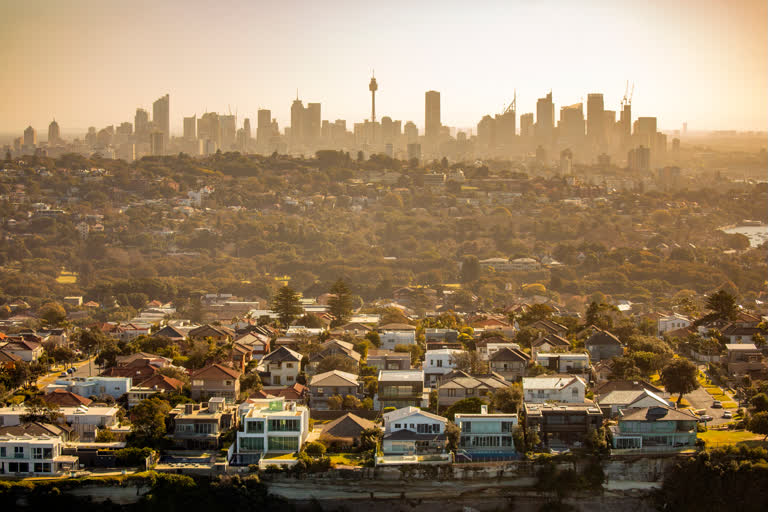New Delhi:Meteorological conditions in Delhi have been "extremely unfavourable" for dispersion of pollutants since this September as compared to last year, the Central Pollution Control Board (CPCB) said on Friday.
CPCB Member Secretary Prashant Gargava said PM10 concentration between September 1 and October 14 this year has been more as compared to the corresponding period last year.
An analysis showed there were seven rainy days with cumulative rainfall of 121 mm, between September 1 and October 14 in 2019. This year, there have been only three rainy days with 21 mm rainfall during the same period, he said.
"Meteorological conditions have been extremely unfavourable in September and October this year as compared to the corresponding period last year," Gargava said.
The average ventilation index has been 1,334 metre square per second in September and October this year as compared to 1,850 metre square per second during the corresponding period last year, the official said.
Ventilation index is the speed at which pollutants can get dispersed. A ventilation index lower than 6,000 sqm/second, with average wind speed less than 10 kmph, is unfavourable for dispersal of pollutants.
In Punjab, non-basmati paddy was grown on 20.76 lakh hectares of land this year as compared to 22.91 lakh hectares last year. Similarly, in Haryana, the area under non-basmati paddy cultivation has come down from 6.48 lakh hectares last year to 4.27 lakh hectares this year, Gargava said.
